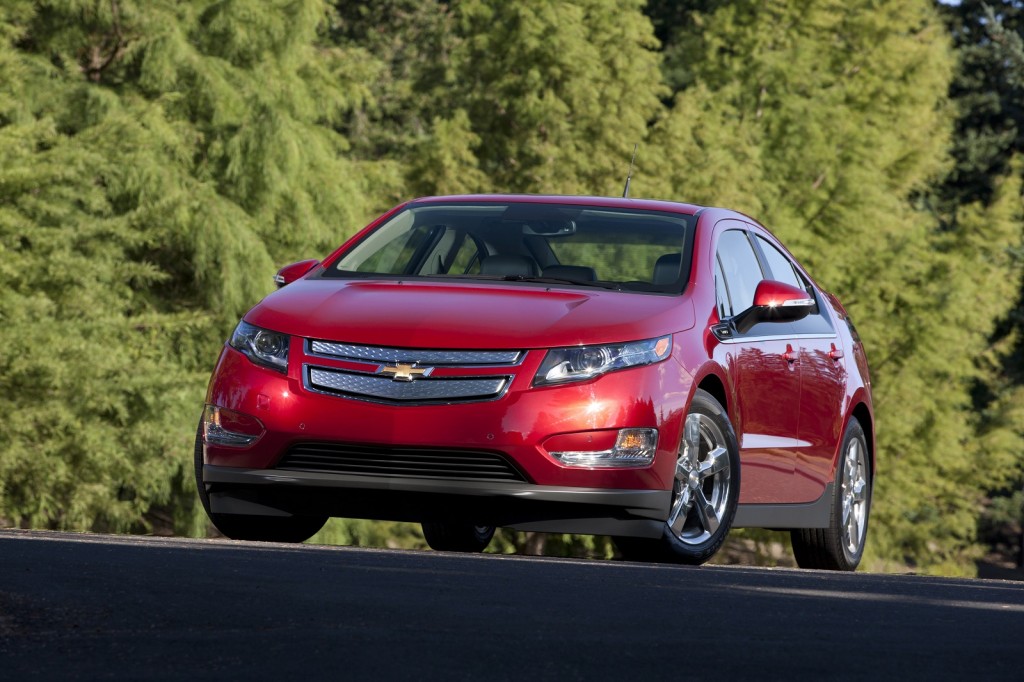Battery degradation isn’t likely to brick your EV, data confirms

Used EV shoppers don’t have to worry too much about battery degradation eroding range, according to a new study from Recurrent, which sells battery health reports for used EVs.
“Used EV shoppers worry that the car battery will degrade quickly like a mobile phone battery, and not be able to hold a charge within a few years,” Liz Najman, lead researcher at Recurrent, said in a statement. “That is not a good comparison because EV packs are complex technology with battery management systems that carefully regulate things like charging and temperature.
A battery pack can make up 50% to 70% of an EV’s value, but it’s a fairly durable asset, according to Recurrent. The company’s study of 15,000 EVs found that only 1.5% had required battery-pack replacements due to degradation. That excludes packs replaced for recalls, however.
![2011 Nissan Leaf electric car after battery-pack replacement [by owner Tim Jacobsen, Concord, CA] 2011 Nissan Leaf electric car after battery-pack replacement [by owner Tim Jacobsen, Concord, CA]](https://images.hgmsites.net/med/2011-nissan-leaf-electric-car-after-battery-pack-replacement-by-owner-tim-jacobsen-concord-ca_100599982_m.jpg)
2011 Nissan Leaf electric car after battery-pack replacement [by owner Tim Jacobsen, Concord, CA]
Najman added that Recurrent’s research shows “that batteries are holding up better than expected and replacements are not an automatic surprise expense for owners at 101,000 miles.”
And Recurrent emphasized that battery degradation isn’t linear. While a steep initial drop in battery capacity does occur, that tends to slow down over a longer period, according to the study. So higher-mileage EVs may be experiencing slower rates of battery degradation than newer cars.
Even when battery packs need to be replaced, they’re mostly done under warranty. The Tesla Model 3 Standard Range battery pack warranty guarantees 70% of original capacity for eight years or 100,000 miles. Tesla ups that to 120,000 miles for other Model 3 variants and the Model Y, and 150,000 miles for the Model S and Model X. BMW and Volkswagen also guarantee 70% capacity for eight years or 100,000 miles.
EV owners can also help extend battery health by fast charging only when necessary, and to try avoiding drawing the battery down too far between charges, Recurrent noted. Excess heat can also accelerate battery degradation, the company said, but liquid-cooling for battery packs and improved chemistries have eliminated some of the concerns over accelerated degradation.

2014 Chevrolet Volt
For the Nissan Leaf, one of the longest-running EV nameplates, the relatively long life of most batteries has pushed recovery and recycling farther off. California is trying to lock that kind of longevity in, proposing battery degradation limits as part of its latest Advanced Clean Cars II (ACC II) rules for vehicle emissions and more.
While this study indicates EV batteries can be fairly robust, major recalls for the Chevrolet Bolt EV and Hyundai Kona Electric over battery defects, not degradation, have still led to many pack replacements. While these replacements were done at no cost to owners, such recalls are unlikely to instill greater confidence in EVs.